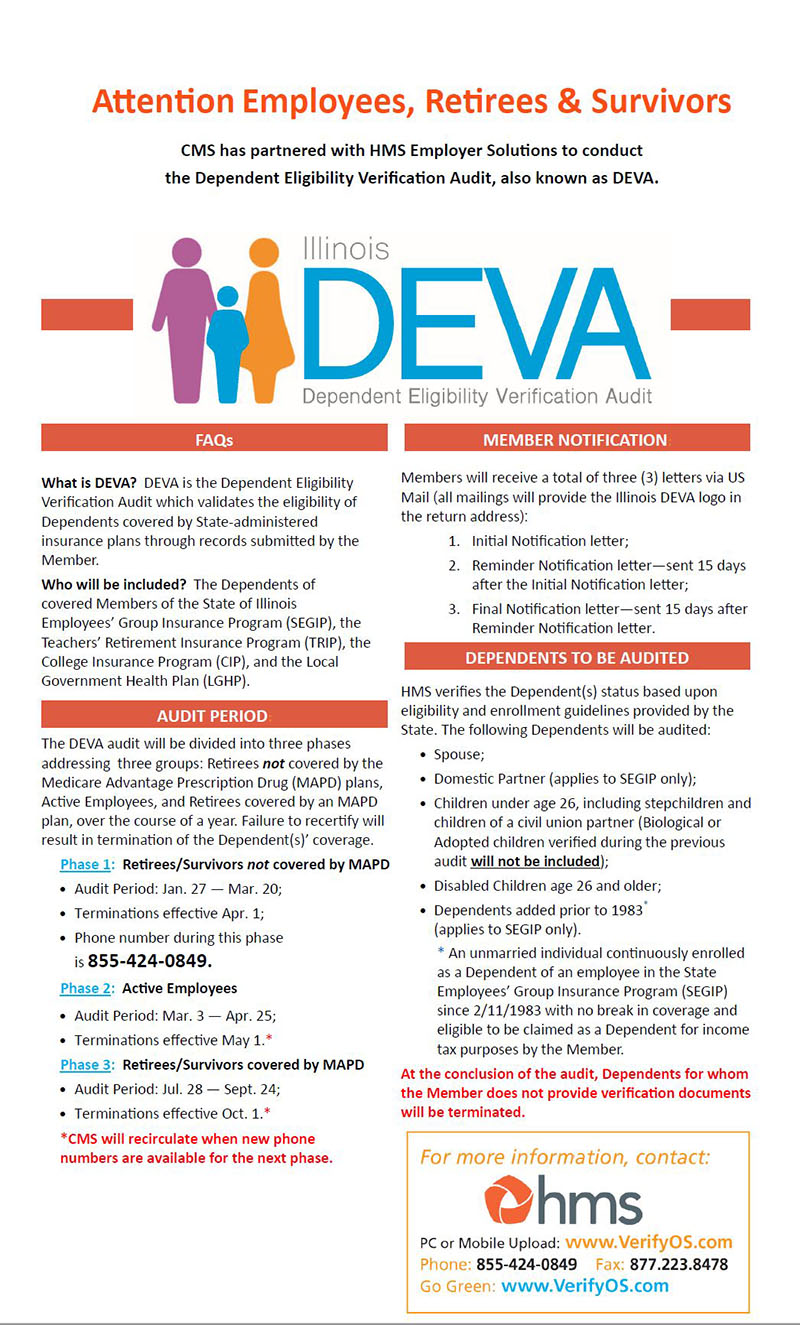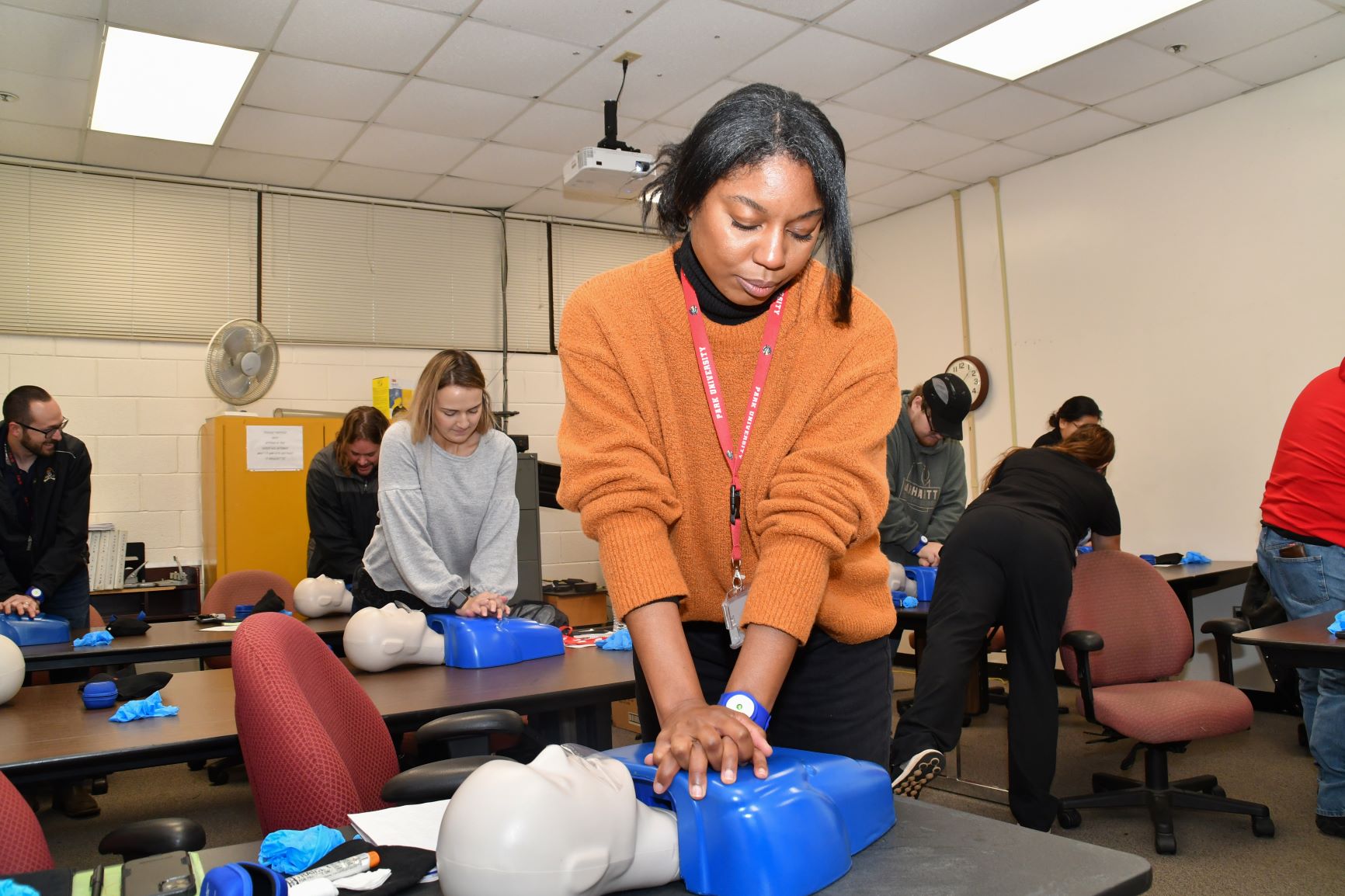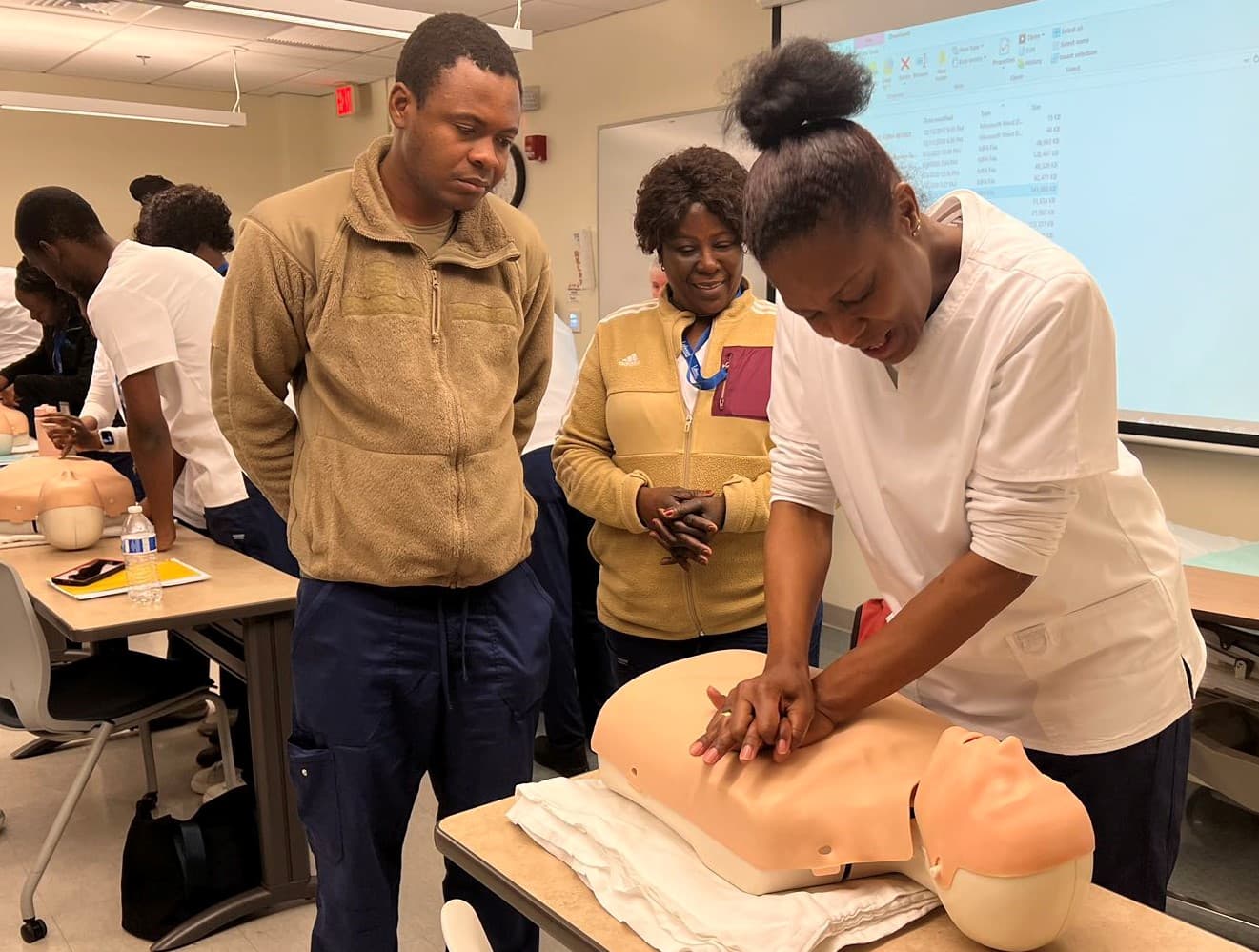The recent findings on cardiopulmonary resuscitation (CPR) training expose critical inequities that demand immediate attention and action from policymakers. With only 18% of individuals reporting current CPR training, as noted by a survey conducted in late 2015, the need for widespread, accessible CPR education is more pressing than ever.
Access to CPR Training Is Unequal
According to research published in the National Institutes of Health, disparities in CPR training are evident across different demographics. Communities with lower socioeconomic status often lack access to training resources, which directly impacts their ability to respond effectively in emergencies.
Barriers to Training in Underserved Communities
Many individuals in low-income areas face significant hurdles when attempting to obtain CPR training. Factors such as cost, availability of instructors, and transportation challenges contribute to this alarming gap. This situation is not merely an inconvenience; it translates to lives lost during critical moments when immediate action is required.
Technology-Based Training Offers Hope
Innovations in technology-based CPR training are emerging as a potential solution to these disparities. As reported in a recent study, schools are increasingly adopting technology-driven methods that reduce class time and instructor dependency. This progress enables broader training dissemination, particularly in communities that have been historically underserved.
Impact of School-Based Programs
School-based CPR training has shown promising results in enhancing adolescents" knowledge and skills. A systematic review published by the American Heart Association emphasizes the long-term benefits of introducing CPR education at a young age. Young individuals trained in CPR are more likely to become proactive community members who can effectively respond in emergencies, thereby fostering a culture of preparedness.
\n\n
Local Government H…
Legislation Must Support CPR Training Initiatives
State laws play a crucial role in promoting or hindering public access to CPR training programs. The Centers for Disease Control and Prevention has documented various interventions that states have codified to encourage public access defibrillation (PAD) programs. However, more robust legislation is needed to ensure comprehensive CPR training is available across all communities.
Advocating for Change in Policy
Progressive activists must push for policies that prioritize CPR education as a fundamental public health initiative. This includes advocating for funding to support training programs in schools and community centers, particularly in low-income areas. By making CPR training a priority, we can create a more resilient and prepared society.
Consequences of Inaction Are Dire
The implications of failing to address CPR training disparities are severe. Each moment of delay in a cardiac emergency can mean the difference between life and death. As highlighted in the research comparing CPR training methods, the effectiveness of CPR can significantly improve with proper training; thus, the stakes could not be higher.
Call to Action for Grassroots Movements
Grassroots movements must rally support to ensure that CPR training is universally accessible. We must mobilize to demand that elected officials invest in community health initiatives and prioritize lifesaving education. This isn"t just about training; it"s about safeguarding lives and fostering a culture where every citizen is empowered to act in emergencies.

FRCE Enhances Emergency Preparedness with training in CPR, AED and ...

![[Video] Anti-ICE Protester Pepper Sprayed as CBP Agents Disperse Crowd in Minneapolis](/_next/image?url=%2Fapi%2Fimage%2Fthumbnails%2Fthumbnail-1768260677127-y71sb7-thumbnail.jpg&w=3840&q=75)

![[Video] Several injured as U-Haul truck drives through Iranian protestors in Los Angeles](/_next/image?url=%2Fapi%2Fimage%2Fthumbnails%2Fthumbnail-1768176682028-q95y6j-thumbnail.jpg&w=3840&q=75)
![[Video] Scuffle breaks out between Trump supporters and Anti-ICE protesters in Times Square](/_next/image?url=%2Fapi%2Fimage%2Fthumbnails%2Fthumbnail-1768165958203-hgcgb-thumbnail.jpg&w=3840&q=75)


![[Video] Gunfire between Iraqi security forces and Sadr militias in Baghdad](/_next/image?url=%2Fapi%2Fimage%2Fthumbnails%2Fthumbnail-1768343508874-4redb-thumbnail.jpg&w=3840&q=75)
